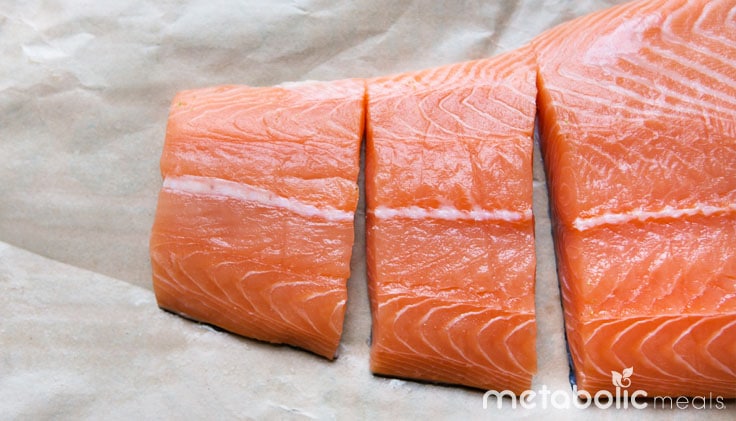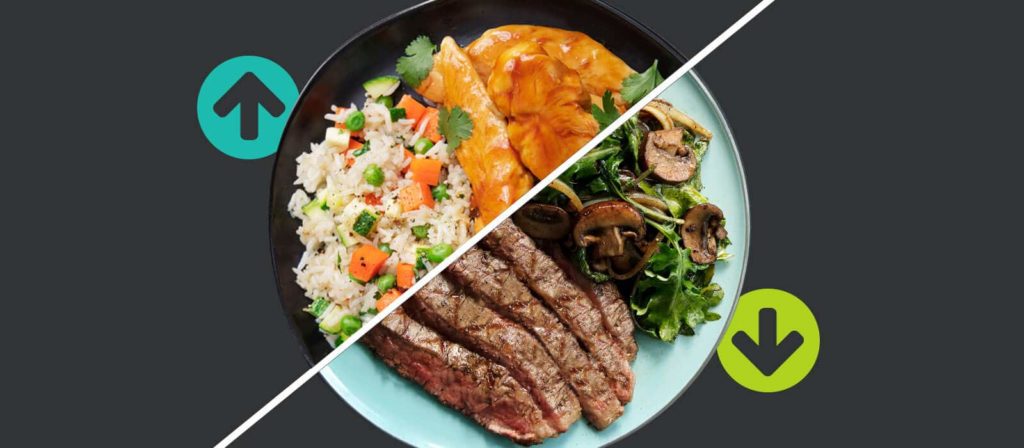Testosterone levels in men have been declining for more than two generations, despite advances in healthcare and medicine.
Hormone levels can be influenced by an individual’s genetics and lifestyle. When levels are low, it can be hard to pinpoint a “cause” — especially because low testosterone is not a zero-sum game.
Most experts agree that several common culprits must be addressed in order to raise testosterone to a healthy level. A sedentary lifestyle, sleep deprivation, insulin resistance, and nutrient deficiencies are common causes for low testosterone in men.
I will address concerns about nutrient deficiency in men with low levels of testosterone and give some food recommendations that will increase the hormone’s production.
Why Testosterone Levels Matter
An optimal hormonal profile is key for body composition and performance. Those suffering from lowered hormone levels might find it extremely difficult to put on muscle mass and drop body fat. Testosterone levels directly affect energy levels, so if you’re feeling drained before your workout even starts, you often won’t see the results that you’re looking for.
Low testosterone also plays a role on your mental clarity. Studies have shown that declines in cognitive function can be associated with lower testosterone levels. This brain fog is devastating on productivity — at the gym, at work, and in your personal life. Entire industries have now evolved to address this brain fog in and increase productivity in the gym. Pre-workout drinks and energy drinks aim at enhancing focus, increasing drive, and improving energy. These products might provide a short-term fix, but they don’t provide a long-term solution to cause of the problem.
Focus, drive, and energy don’t need to come from a bottle. In fact, adding a little variety to your dinner plate will usually take care of that.
Addressing Nutrient Deficiency and Low Testosterone Levels
A poor diet will compound any hormonal production problems. Unfortunately, all the research about food science and nutrition has not created an uptick in health.
Our diet today is shockingly lacking in fruits, vegetables, and animal proteins — unlike our ancestors’. These have now been replaced with a large amount of processed grains and packaged foods. Ultimately, we have gotten away from the building blocks necessary for testosterone production.
To get hormone levels back to a normal level, try integrating these foods as daily dietary staples.
1. Zinc-Rich Foods
Zinc is an essential nutrient for maintaining healthy testosterone levels. Inadequate zinc intake has been directly correlated with an increased risk of infertility and a decreased libido.
It’s easiest to find zinc in animal proteins like grass-fed red meats, shellfish, and free-range eggs. While it is common to find plant-based zinc sources, they also contain levels of phytic acid that inhibit zinc absorption. It is important for people observing a plant-based diet to be mindful of their zinc levels and to supplement them if necessary.
Try taking 10 milligrams of zinc daily, or up to 40 milligrams a day for maximum health benefits. However, be aware that zinc can be poisonous in high doses.
2. Healthy Dietary Fats
Dietary fat intake is critical for maintaining optimal testosterone levels. Cholesterol is a precursor for testosterone and necessary for healthy hormonal production. Make sure that you consume enough dietary fat — like grass-fed red meat and free-range eggs — to increase that hormone level.
Don’t fear eating fat. Try to consume some source of animal protein at every meal. Excessive carbohydrate consumption can lead to elevated fasting blood-sugar and triglyceride levels, key indicators of heart disease.
It’s important to not replace healthful fats like grass-fed butter with polyunsaturated fats like canola oil and vegetable oil. These oils are susceptible to oxidation under high heat.
3. Vitamin D
Vitamin D has been directly linked to testosterone and estrogen levels. Studies have shown that vitamin D-deficient individuals also have lower testosterone levels. Because of this hormone imbalance, it can be easier to have lower muscle mass and higher levels of body fat.
Vitamin D deficient individuals who suffer from low testosterone can increase hormone levels by 20 percent just by taking a daily supplement. The recommended dose for maximum benefit is 3,332 IUs of Vitamin D daily.
Luckily, a Vitamin D deficiency is easy to combat. Just spending as little as 15 minutes outside can do the trick in the summer. In the winter, this becomes more challenging, making a supplement a necessity.
Try supplementing with 4,000 to 6,000 IUs and eating vitamin-packed fatty fish like salmon, tuna, cod, mackerel, or sardines.
Tying It All Together
In order to get sufficient levels of zinc, healthy fats, and vitamin D in your diet, it is essential to consume animal-based protein. Grass-fed red meat, free-range eggs, and fatty fish are all excellent options. Regularly consuming these nutrients can optimize your testosterone production and increase muscle mass, improve mental clarity, increase energy levels, and decrease body fat.
Alan Bishop is the Director of Sports Performance for Men’s Basketball at the University of Houston. Alan has a master’s degree in Sports Conditioning and Performance and holds certifications through the NSCA, CSCCA, and USAW.










